
The other day my Twitter friend, Paul Nazareth tweeted: What non-fundraising job did you have where you learned a skill(z) that have been invaluable to you in your work?
It’s a great question because, when we first land in fundraising we often think that we’re not quite prepared. When truth be told, the answers to our fundraising success come from within…and a very special job that had nothing to do with fundraising.
And a fun thread as fundraising professionals shared their experiences:
Denisa Casement wrote: “Event Catering taught me project management. Planning, implementation, problem-solving on the fly, teamwork and the satisfaction of getting the behind-the-scenes details right so the customer experience was smooth & pleasant.”
Sarah Goddard said acting was her key: “Acting. The art of storytelling, understanding your audience, and knowing how best to engage them.”
And Sarah Jane O’Neill agreed: “Actor. Character motivation, storytelling, empathy for people and understanding the nature of power = pretty useful skills in major gifts.”
To which T. Clay Buck concurred. “Understanding emotion & motivation, how to work as a team, the importance of language . . . Show me a theater veteran & I’ll show you someone intrinsically well trained and ready to be a fundraiser.”
Ligia Peña noted that “10 years working in life insurance has helped me in #Legacy #Fundraising. 1 years working in public affairs at a #Canadian embassy taught me #networking 5 yrs at my parent’s bakery as a kid taught me to work hard & long hours for EVERYTHING”
For Lisa M. Chmiola, journalism proved to be critical. “Journalist. You learn great interviewing skills, plus the writing and editing practice. You have to get out and talk to people you don’t know. Or we did in my day!”
Paul noted: “Journalism has created some of the best fundraisers I know
Digging for a story past the usual narrative is how highly successful fundraisers push past the usual ideas of giving to connect with a donor’s real motivations and desires.”
For Wayne Murray, it was an early job in management. “Shoe shop manager at 22. First management role and a team of 30. Taught me that lying at interview about previous management experience will come back to bite you.”
Scott Richards concurred. “Managing retail taught me how to talk to people. Driving a forklift, being an electrician, carpenter, and warehouse manager taught me my work ethic. Being an actor helped me speak to large groups. My wandering path taught me how to keep learning new skills which is most vital.”
NEON’S Tim Sarrantonio wrote”Research. Going through so much of academia, especially historical research, has helped me find a) primary sources invaluable and b) find WEIRD ways to obtain information.”
Not-for-profit leader, Francesca says: “Tourism: customer experience and making things memorable based on a person-centred approach.”
Jason Shim offered a similar perspective. “Selling hotdogs at the local fair. Learned the importance of the small details and personalizing the experience.”
Senior Development Officer Derek deLouché had a unique job. “Floor host at a dinner theatre! How to provide individual service while working the crowd.”
Other folks, like nonprofit marketing pro Marisa DeSalles noted past telemarketing experience. “Telemarketer. Early childhood educator/cat herder. Typesetter of business cards. Web designer. Art teacher. Data entry operator. Branding agency executive assistant. Freelance PowerPoint developer. Program officer at a museum. Office temp.
But the best lesson of all came from a girl in a pool where I was teaching swim lessons: if you look through your eyelashes after you come up from underwater, you see rainbows.”
I’ve always thought that restaurant serving can be a great catalyst to success in any field (and life itself). Emily Dawson wrote: “Restaurant serving. Learned how to treat people well, have grace under pressure, mitigate a bad experience and work as a cohesive team. Despite still having nightmares about forgetting to bring water to table seven all these years later, it was a fantastic training ground!”
Brock Warner’s experience was similar: “Let me put it this way: I have an extensive collection of nametags and hairnets. Working in the service industry really cemented for me that teams make leaders, not the other way round. The strongest leaders tend to be appointed *by* teams, not *to* them.”
As for me, it was a job as a display advertising salesperson at a small weekly newspaper in the Detroit area that provided my best lessons.
I started out abysmally in sales and nearly quit. But, after two weeks, my supervisor handed me a copy of Dale Carnegie’s How to Win Friends and Influence People . That was the turning point. I became our top salesperson for two years running and still believe Carnegie’s book is the best major gift primer out there.
The sales and marketing techniques that I had learned, as well as the time management skills from working in a commission-based environment, stood me in good stead.
And, because we were resource-strapped, I often also served as a journalist, penning quite a few of the paper’s feature pieces, as well as graphic designer and telemarketer. Talk about preparing me for life in the nonprofit arena!
I’m grateful for that earlier sales and marketing training and believe that it was the real catalyst to my successful career in development. Truly understanding what goes on in the mind of your prospective donor and what they respond to is at the core of all great development work.
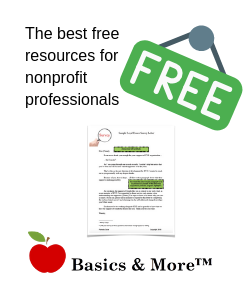
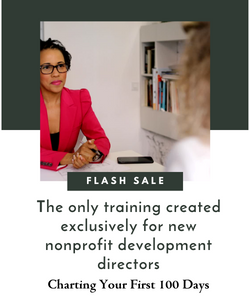
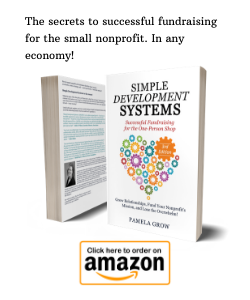
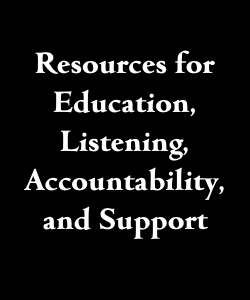
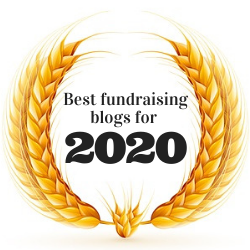
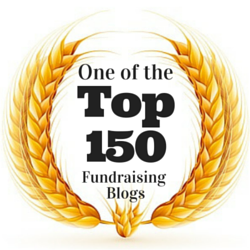
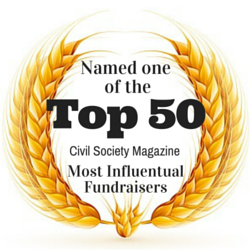
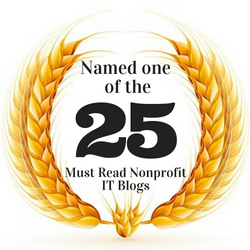
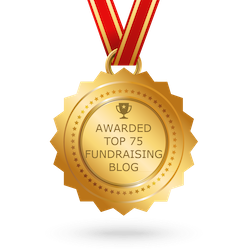
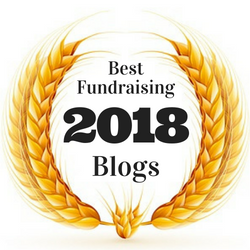
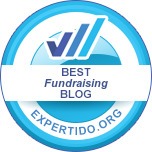
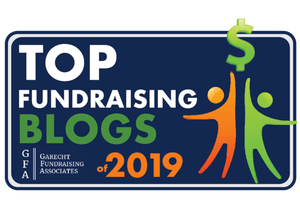
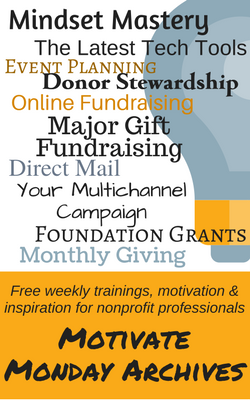
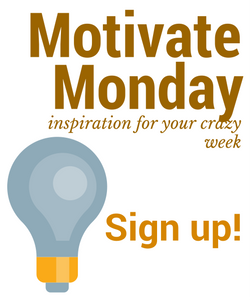
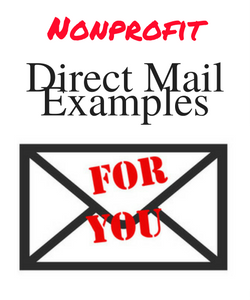
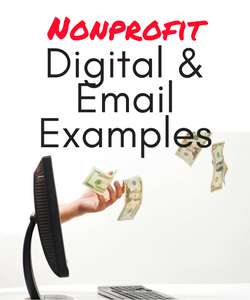

 I can’t wait to meet with you personally.
I can’t wait to meet with you personally.
Comments on this entry are closed.